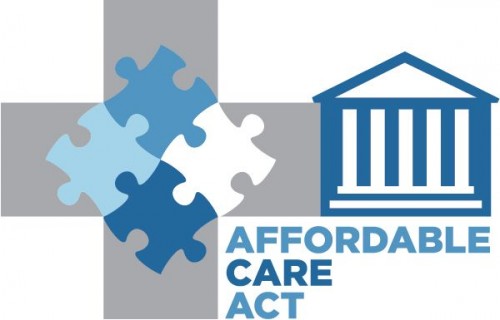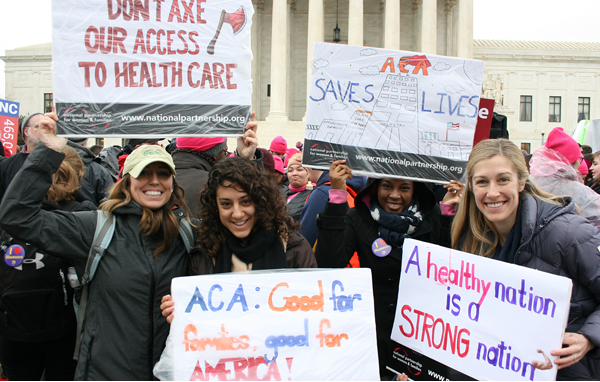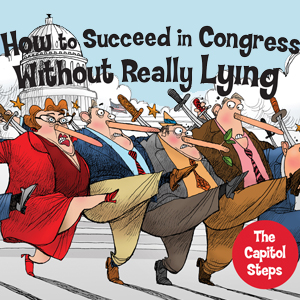By Mark Rosenberg, M.D.
Five years after the passage of the Affordable Care Act, despite the many assaults against the law known as Obamacare, there is much to celebrate. Currently, approximately 12 million Americans have health insurance as a result of the availability of federal subsidies for insurance purchased on the state and federal exchanges, the federally-funded expansion of Medicaid by more than half of the states, and the provision that allows children to remain on their parents’ health insurance until their 26th birthdays.
Despite all this, many Americans hold an unfavorable view of Obamacare. Polls generally break down along party lines, with favorable views by Democrats and mostly unfavorable views by Republicans and many Independents. Yet when each provision of Obamacare is presented by pollsters without connecting them to the legislation, people’s views are overwhelmingly favorable. For example, few would do away with the new provisions for expanded health benefits like cost-free cancer screening or the legislation’s prohibition against such prior insurance practices as refusing to cover preexisting conditions and limiting the amount of benefits available under a plan annually and for the insured’s lifetime. In other words, when people know what Obamacare is all about, they overwhelmingly approve of the Affordable Care Act.
Here’s some of what we know so far about how the Affordable Care Act has worked.
Fewer Uninsured
From a high of over 16 percent during the recession, the rate of uninsured Americans fell below 13 percent by the fourth quarter of 2014. Of the newly insured under the Affordable Care Act, over 70 percent had no prior insurance. More than eight million Americans have received tax subsidies through the federal and state insurance exchanges. Another 9.7 million people in 27 states receive Medicaid, with all costs paid by the federal government.
In Illinois, projections were that about 200,000 would enroll in Medicaid, but that number has grown to over 500,000. While some criticize the state for taking on so many Medicaid recipients, the fact is that having those individuals receive health insurance is a good thing, reducing the burden on hospitals, especially Cook County, which has balanced its budget. See “Medicaid Expansion in Illinois Should Be Praised,” on page 5 of the March edition of Tenth News for more about the benefits of the Medicaid expansion in Illinois.
Better Health
While it is too early to predict improvements based on the provisions of Obamacare that require insurers to cover screening and preventive health care at no cost to the consumer, in Massachusetts, whose decade-old “Romneycare” was a model for Obamacare, there has been a modest decrease in mortality rates.
Lower Costs
There is evidence that since the ACA took effect, there has been a sustained slowdown in healthcare cost inflation, from about a seven percent annual increase to an annual increase of just under four percent.
With plans paying 100 percent of the cost of preventive care and screening, Americans no longer have to choose between a mammogram and the week’s groceries. And a catastrophic diagnosis or accident no longer is a prelude to bankruptcy.
The other big winners are hospitals, which no longer have to write off tens of thousands of dollars billed to patients with no insurance and no means to pay for expensive medical procedures.
And even though health insurers no longer can deny benefits for care related to preexisting conditions or raise insurance premiums when people get sick or impose limits on what they will pay (to the contrary, Obamacare limits the annual out-of-pocket costs of consumers, requiring health plans to pay 100 percent when those limits are met), health insurance companies are among the biggest beneficiaries of the Affordable Care Act. Health insurance companies’ markets have expanded, and they are selling their plans to millions of Americans who were previously uninsured and unable to afford to pay premiums.





